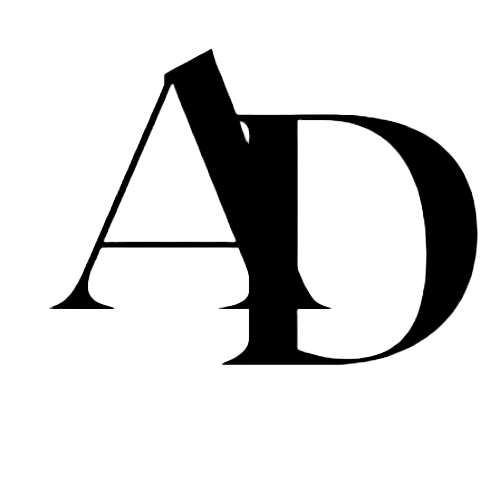Canada, with its stunning landscapes, vibrant cities, and diverse culture, undoubtedly ranks high on the bucket list of travelers worldwide. From the majestic Rocky Mountains to the bustling streets of Toronto, there’s no shortage of reasons why millions of tourists flock to the Great White North every year. However, beneath the surface of this tourist paradise lies a reality often overlooked: obtaining a visa to visit Canada is not always a walk in the park.
1. Valid Travel Document (Passport):
A valid passport is the primary travel document required for entry into Canada. It serves as proof of identity and nationality, ensuring you are legally recognized by your country. Without a valid passport, you may face difficulties or even be denied entry into Canada. Therefore, having a passport that is current and not expired is essential for obtaining a Temporary Resident Visa (TRV) to Canada. TRVs are usually issued for 10 years, or to the maximum validity of the applicant’s passport, so make sure you renew your passport before you apply for a TRV to get the maximum validity time for your TRV.

2. Adherence to Regulations:
You must follow the specific regulations outlined by Immigration, Refugees and Citizenship Canada (IRCC). This includes completing forms such as IMM 5257 (Application for Temporary Resident Visa) and IMM 5707 (Family Information), as well as providing biometrics if required. Adhering to these regulations demonstrates compliance with Canadian immigration procedures, facilitating the processing of the TRV application.
Being honest and transparent with the information you provide to IRCC is very important. IRCC has severe consequences for applicants who misrepresent themselves, with repercussions that can include deportation and a ban from re-entering Canada for five years.
3. Intention to Leave Canada:
TRV applicants must demonstrate a genuine intention to leave Canada at the end of their authorized stay. This assurance is crucial in preventing individuals from overstaying their visas and potentially becoming unauthorized residents. Providing evidence of ties to their home country, such as employment, property ownership, or familial obligations, helps strengthen this commitment.
Applicants should include employment verification letters, pay stubs, letters from their employers confirming time off to travel, property ownership deeds, a family tree of relatives that are a close part of the applicants’ lives and an explanation of their obligation and commitment to them that necessitates the applicant returning home.
4. Clean Criminal and Immigration Record:
Individuals with criminal or immigration-related convictions may be deemed inadmissible to Canada. Therefore, TRV applicants must have a clean record, free from any such convictions. This requirement ensures the safety and security of Canadian society and upholds the integrity of the country’s immigration system.
5. Clear Purpose for Travel:
TRV applicants must articulate a clear and legitimate purpose for their visit to Canada. Whether it’s for tourism, business meetings, academic studies, or visiting family and friends, having a defined purpose helps immigration officials assess the applicant’s intentions and eligibility for entry into Canada.
6. Sufficient Financial Means:
Applicants must demonstrate that they have enough money to cover their expenses during their stay in Canada. This includes funds for accommodation, transportation, meals, and any other necessary expenses. Having adequate financial resources reduces the likelihood of individuals becoming a burden on Canadian social services and ensures they can support themselves throughout their visit.
If the applicant is staying with family or friends during their time in Canada, they should provide an invitation letter from their host with supporting financial and identity documents.
Applying for a Temporary Resident Visa (TRV) to Canada can be a complex process with strict requirements. Unfortunately, incomplete or improperly filled applications may lead to refusals. It’s crucial to meticulously follow all instructions and provide accurate information to avoid such setbacks.
Multiple refusals can tarnish one’s record with IRCC, making subsequent applications more challenging. Therefore, it’s imperative to approach the TRV application process diligently and ensure it’s done correctly from the outset to maximize the chances of acceptance and avoid unnecessary complications in the future.
Reach out to Arsheen Devjee Immigration Services for your immigration needs, and have our experience and diligence work to bring you to Canada!


